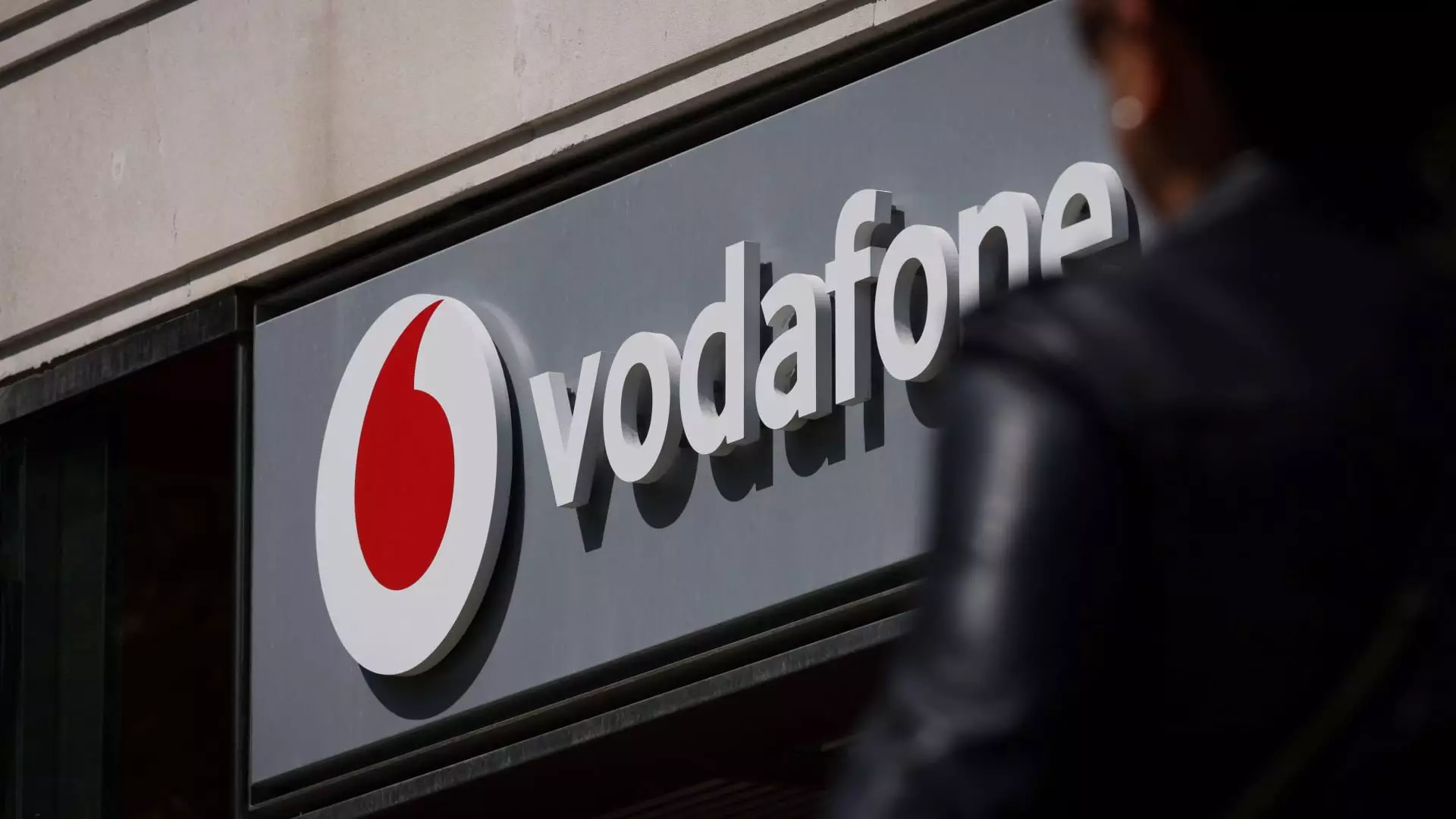In a landmark decision, Britain’s Competition and Markets Authority (CMA) has greenlit the merger of two major telecommunications entities, Vodafone and Three, in the UK. Valued at £15 billion (approximately $19 billion), this merger is poised to reshape the telecommunications landscape. However, the approval is contingent upon several stringent conditions that require both companies to invest heavily in network infrastructure and ensure fair practices within the telecommunications sector.
This merger unites Vodafone’s extensive customer base and robust operational framework with Three’s network capabilities, which positions the new entity as a formidable player in the telecommunications market. With the combined resources, the new firm is expected to serve nearly 29 million customers, creating a single entity that holds a controlling 51% stake, with CK Hutchison retaining a minority ownership. This consolidation reduces the number of major mobile network operators from four to three, allowing for streamlined operations and potentially improved service delivery.
Kester Mann of CCS Insight emphasizes that this milestone is not just an operational merger but a pivotal moment in the UK telecom history, indicating a shift in the competitive landscape. The anticipation surrounding the merger reflects a broader expectation that combined resources can enhance competition and deliver improved services to consumers.
The CMA’s approval comes after what was described as an extensive antitrust investigation, which started in January and escalated to an in-depth examination by April. Concerned about potential downsides, including possible price hikes and diminishing service quality, the CMA mandated that the merger proceed only under certain conditions. These stipulations include provisions for the construction of a new 5G network within the UK, alongside the implementation of financial caps on mobile tariffs and guarantees for mobile virtual network operators (MVNOs).
Under the agreed terms, Vodafone and Three are required to invest £11 billion in the telecommunications infrastructure over the next eight years. Furthermore, the new entity is tasked with adhering to predetermined pricing structures for its wholesale services, ensuring that smaller players in the market are not sidelined amidst the merger. This level of regulatory oversight aims to maintain competitiveness in a market that could otherwise skew in favor of the merged entity.
Vodafone’s CEO, Margherita Della Valle, expressed optimism about the merger, suggesting that it forms a new backbone for the telecommunications sector, capable of delivering necessary investments in the UK’s network infrastructures. The commitment to development presupposes a shared vision of enhancing connectivity across the nation, emphasizing the merger’s potential societal benefits.
However, industry experts caution that the real advantages of this merger may not materialize immediately. Paolo Pescatore, a telecommunications analyst, warns that while the deal is approved, it will take years for tangible outcomes to manifest. The construction and deployment of new infrastructure are lengthy processes, and stakeholders must brace for a transition period marked by challenges and complex decisions.
The merger bears significant implications for consumers and the broader telecommunications market. While the CMA’s interventions aim to safeguard consumer interests, there are concerns regarding the reduction in competition due to fewer major players. A decrease in competition can often lead to complacency; therefore, the effectiveness of the CMA’s regulatory measures will play a crucial role in ensuring sustained competitive pressure in the market.
Moreover, the commitment to improved network infrastructure and data plan caps reflects an attempt to balance corporate interests with consumer needs. As the industry transitions into this new chapter, consumers will watch closely to see if promises translate into reliable service, competitive pricing, and an overall enhancement in telecom services.
The merger between Vodafone and Three represents a significant evolution within the UK telecommunications sector. It not only limits the number of key players but also establishes an ambitious plan for network development under stringent regulatory conditions. As stakeholders adjust to this new configuration, the coming years will be critical in determining if this mega-merger can indeed foster competition and deliver the promised advancements in service quality and infrastructure to millions of consumers across the UK. The blend of regulatory vigilance and corporate ambition will surely shape the narrative of this deal moving forward.

